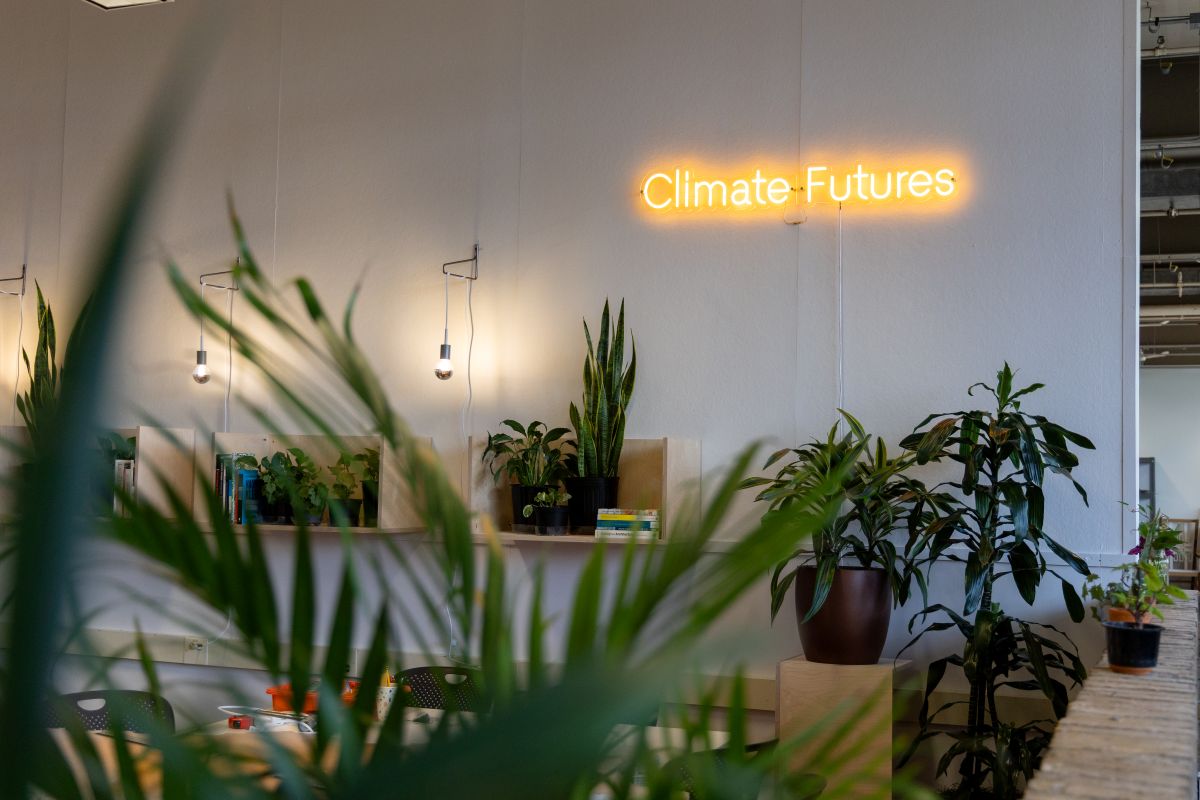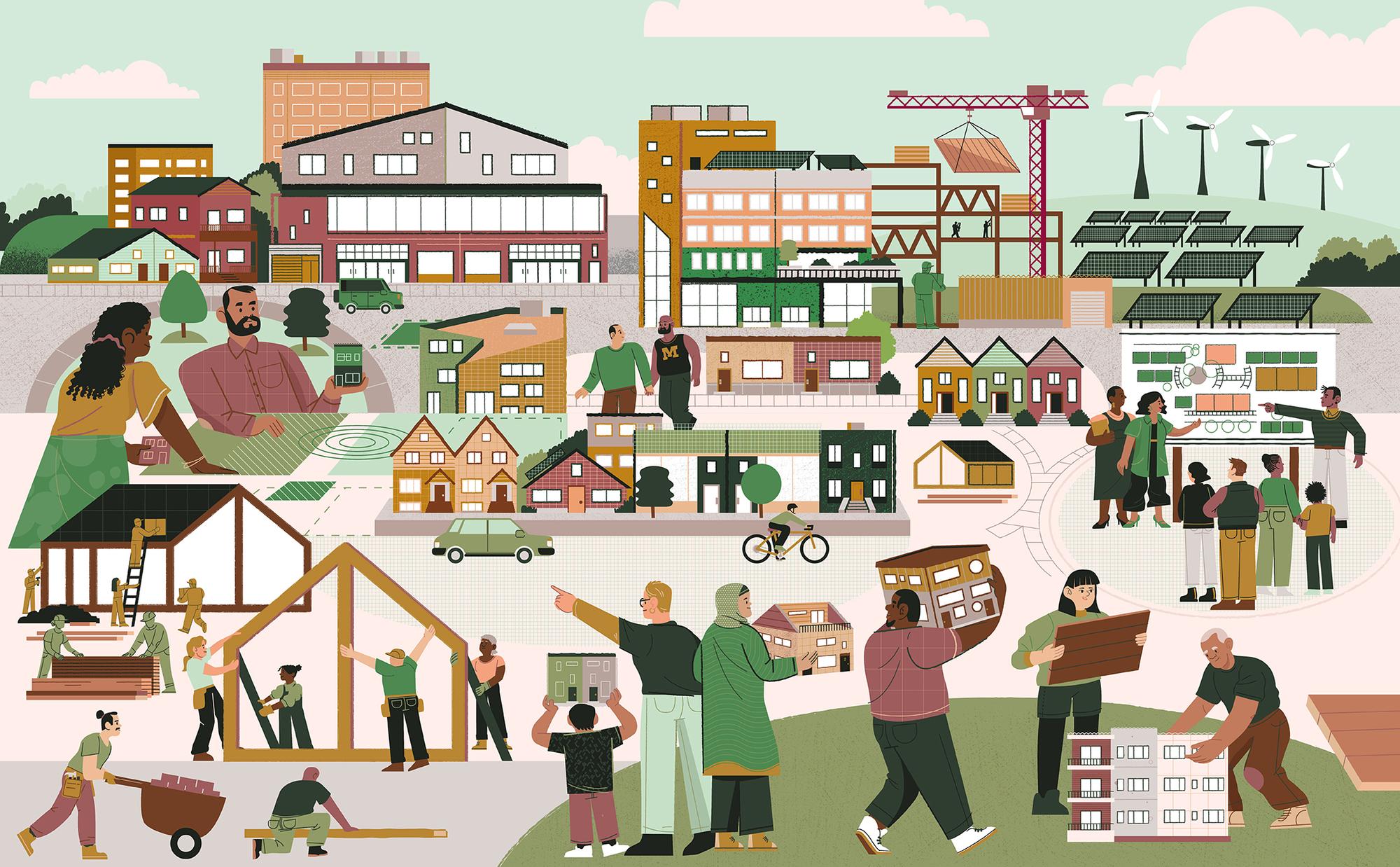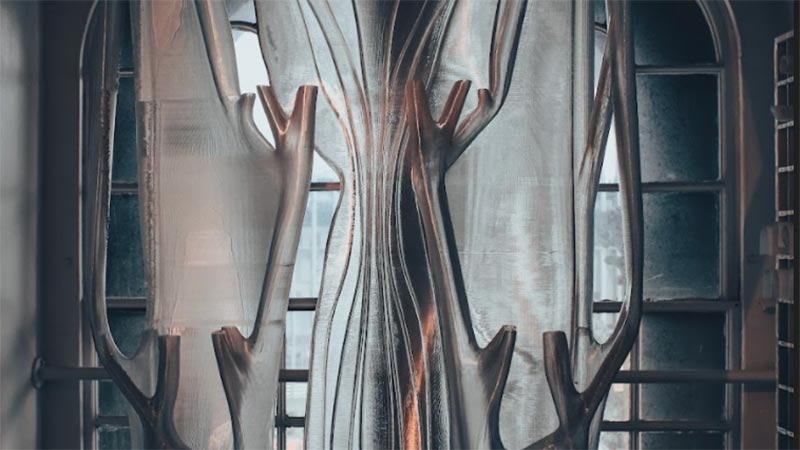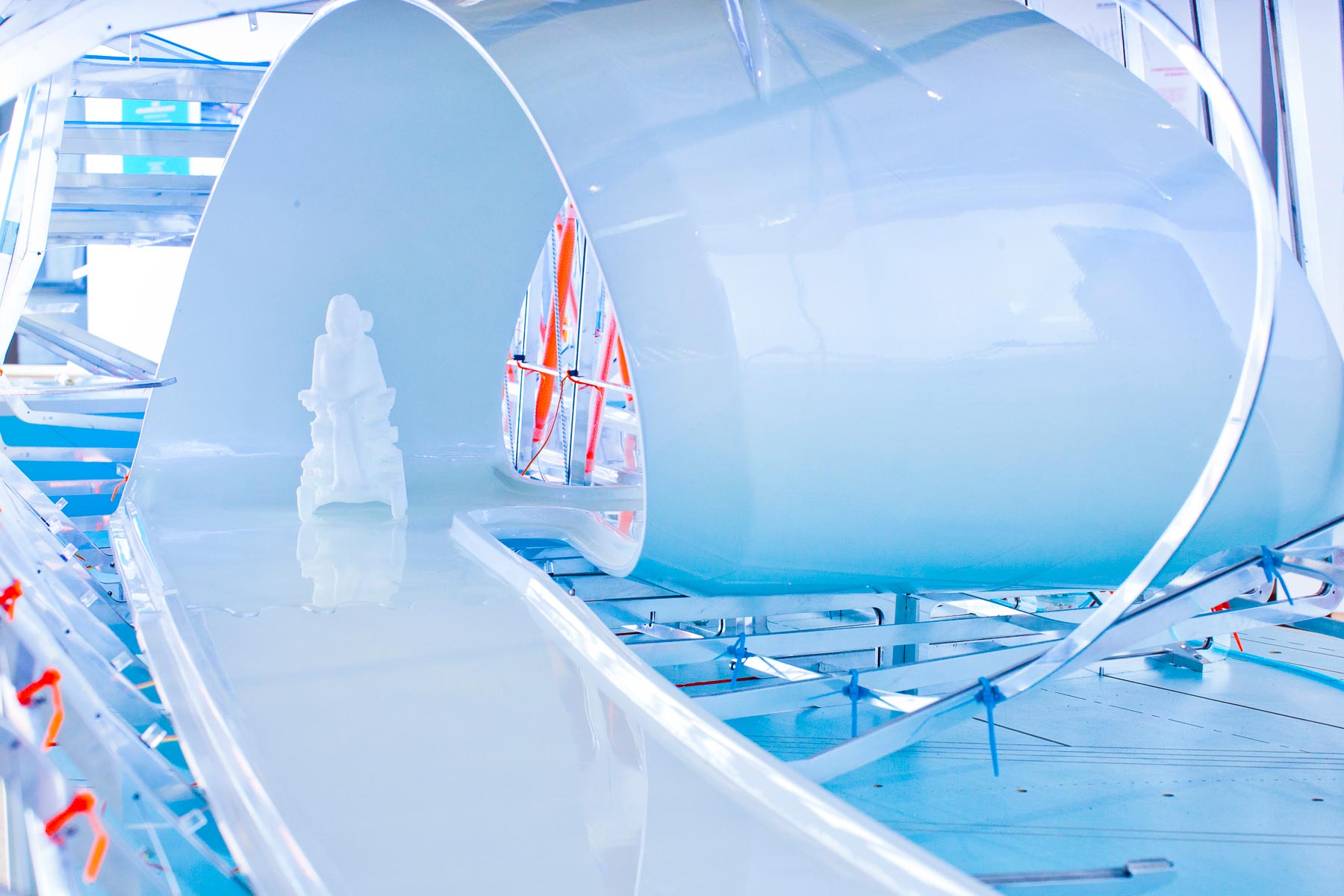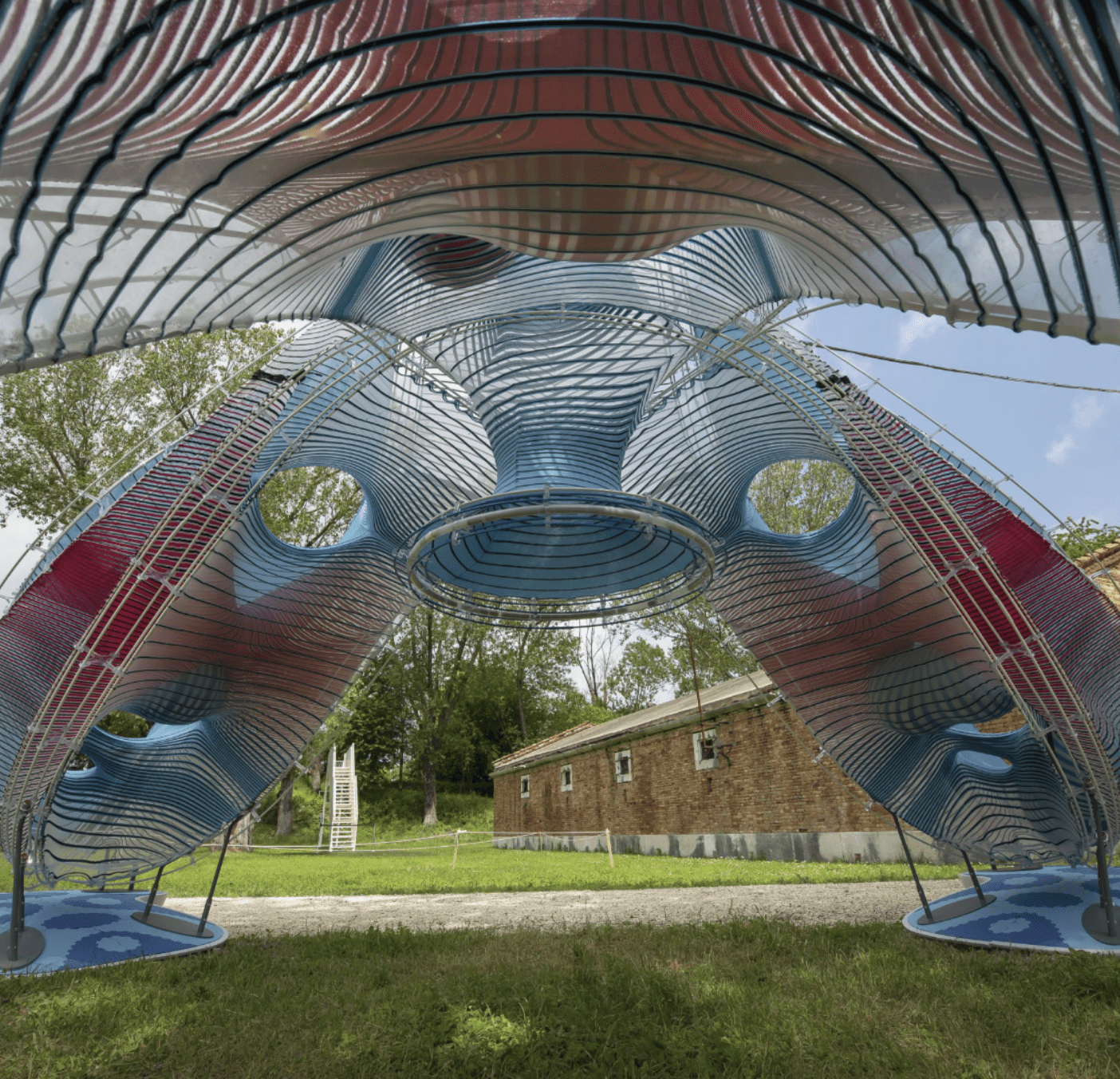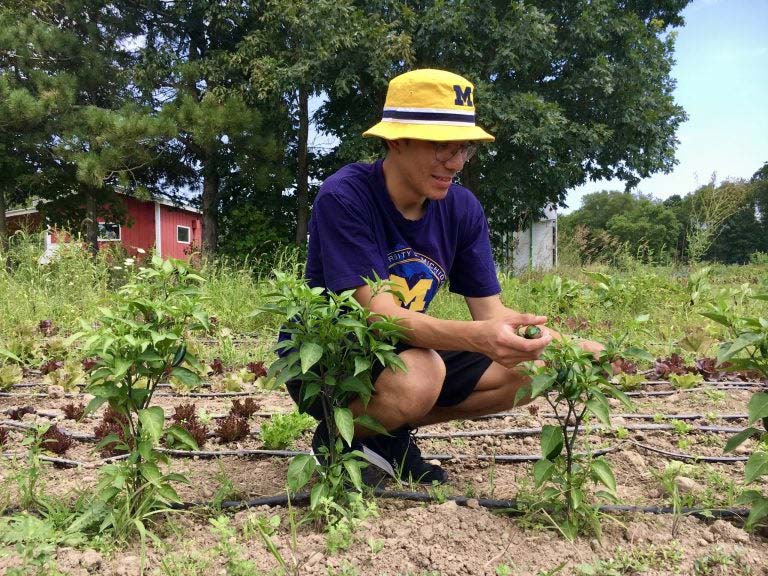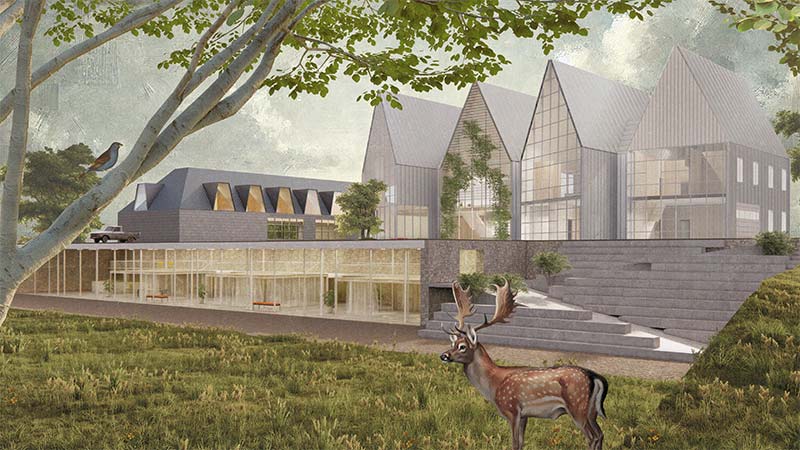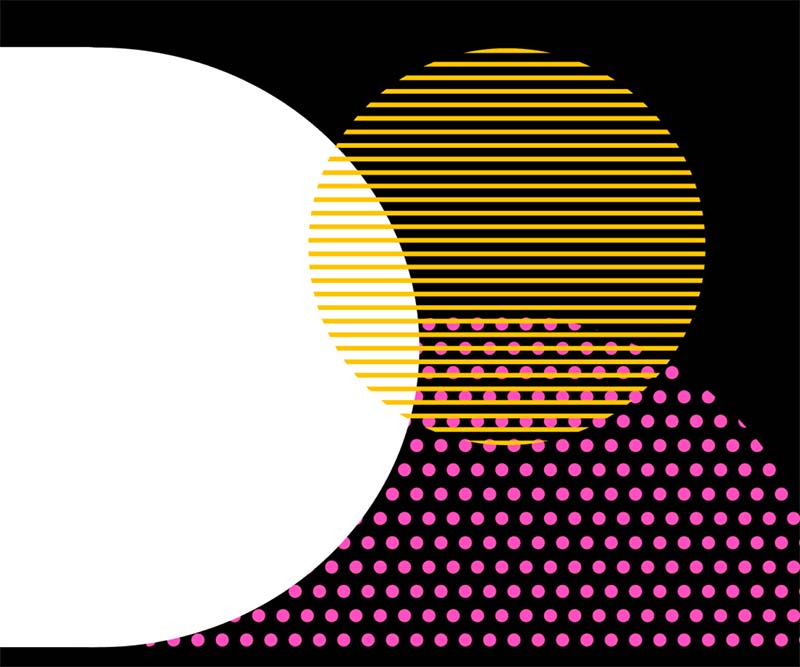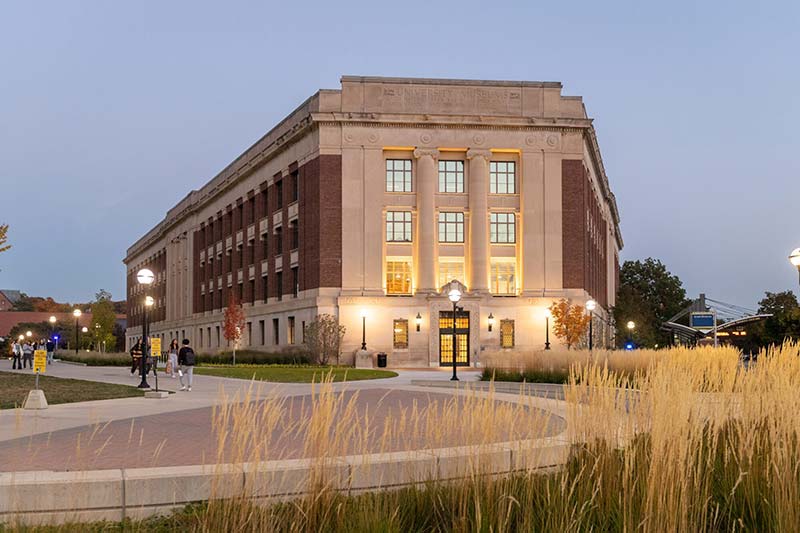Research Clusters, Initiatives, and Labs

Taubman College faculty pursue research and creative practice activities to discover new methods, advance innovation in materials and practice, and mobilize knowledge to address some of society’s most pressing matters. Their efforts activate partnerships and service to the common good within the college, across the university, between fields, and with communities and constituencies around the world.
Taubman College
University of Michigan
Mission and Drive
Taubman College faculty pursue research in interdisciplinary ways to discover new methods for advancing solutions to address some of society’s most pressing matters.
Their efforts activate collaboration between fields within the college and university and with external partners.







